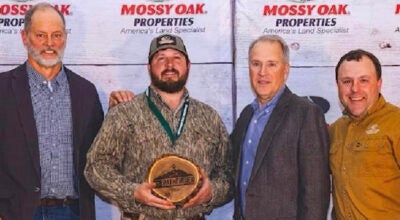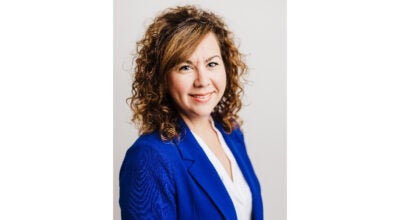Developing personal leadership
Published 8:20 pm Saturday, April 23, 2016
Leadership traits can be developed at any age and for people in all types of positions. Leadership ability is most important for managers of other people but can be very effective for anyone. Millennials entering the work force often find a shortage of leadership in unexpected ways. They feel disengaged and uninformed. A lack of communication in all sizes of businesses creates a gap and a lack of understanding on how decisions are made. Sometimes an unhealthy disrespect results which is seen by their superiors as lack of loyalty or laziness because they don’t have sufficient confidence in their leaders to be effectively led.
This is not a new issue. It has existed through the years and plagues all industries and businesses. It is acute with low morale caused by a mode of survival only and leaders not having strategic focus. Training sessions are often lacking in effectiveness and too expensive. So how does one develop leadership skills?
Instead of depending on tools which teach people what to do and how to act, instead ask deep personal questions which compel the respondent to candidly explore their leadership style. This process is entirely internal and has nothing to do with management theories. Internal retrospection is necessary.
A personality transplant is not possible even when one sees the light. Following are some questions this process poses. The person answering these questions honestly and with a desire to develop effective leadership traits will discover more about themselves and how to better interact with subordinates, peers and superiors. Learning how to prioritize what is important to them and putting into action the information will place them in a more open position and more apt to make positive adjustments in style.
1. Leadership values — What do you really care about? Does it match up with what the organization professes to care about? Do you agree with those values in your heart of hearts?
2. Operating principles — How do you function in a leadership role? Examples:
a. Are you a “roll up your sleeves” manager? Big picture or sweat the details person?
b. Do you operate at the 30,000-foot level only to swoop in from time to time and cause confusion?
c. Are you consistent in applying your operating principles and style?
d. Do you confront people when needed or do you delegate the tough jobs to your HR Director or another higher level manager?
e. Are you a “glass half full” or “half empty” person?
f. Do you always have all the answers, or do you REALLY listen to others? Are you open to learning from others?
g. Do you suffer from “paralysis of analysis?” How long does it take for you to make a decision or provide an answer to employees’ questions?
h. Do you make all “gut” decisions?
i. Are you serious? Dry? Funny? Etc.
j. Do you communicate in a straight forward manner, simply, succinctly?
k. Do you instill fear in others or do you inspire confidence? Will your employees tell you the truth or are they intimidated to do so?
3. Expectations — What do you expect from your team? Truthfulness? Commitment? Passion? Dedication? Candor is the key, not whatever is politically correct.
4. Non-negotiables — Everyone has things they will not compromise on. You need to be aware of those and tell your team what they are. Is trust one of your non-negotiables? Do you allow for disappointment? Do you expect others to treat you as you treat them? What about retribution?
5. Priorities — You may have clear priorities, but are they clear to others? Is your perception that everything is urgent and critical or are there wide variations? Narrow down your true priorities and let everyone know what they are and then hold yourself and everyone else accountable.
6. Commitment — In return for all above, what are you willing to commit to the organization? Do you have any personal boundaries people should be aware of? Are your expectations of others the same level as for yourself?
You may think you are beyond the need of leadership development, but everyone can always improve if the desire is there. If you will answer these questions with complete candor it will be a productive developmental exercise. Just stand in front of the mirror, look yourself in the eye and ask these questions. The answers may surprise you.
Becky Vaughn-Furlow retired from Trustmark Bank as executive vice president and human resources director. She can be contacted by emailing bvaughnfurlow@gmail.com.





